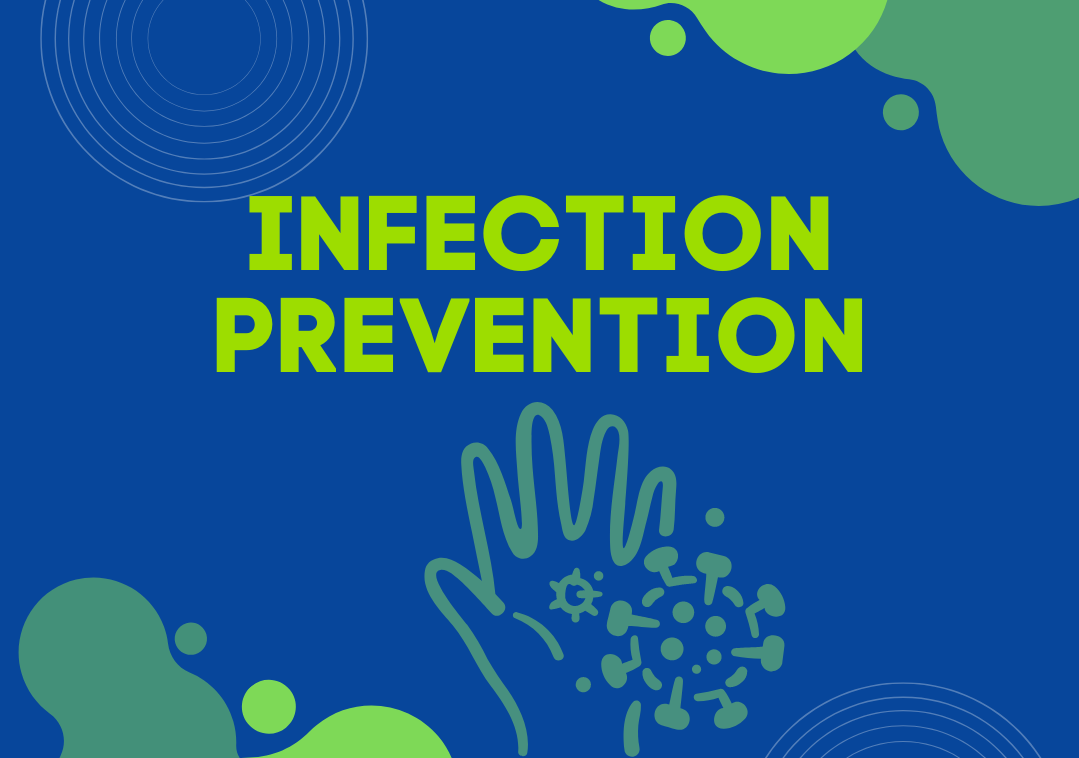Infection Prevention Requirements Updated and Enhanced for SNFs/ICFs

Effective July 1, 2022, the Illinois Department of Public Health (DPH) implemented specific requirements for nursing facilities regarding infection control and prevention based on the latest interpretive guidelines from the Centers for Medicare and Medicaid Services (CMS). Most notably, these facilities must designate and define the role of a dedicated infection prevention and control professional, as well as develop and implement policies on controlling the spread of infections and communicable diseases.
The rule making incorporates new guidance documents and toolkits from the DC and Occupational Safety and Health Administration (OSHA).
An overview of the new requirements:
- An infection prevention and control program with policies and procedures for healthcare associated with infections and infectious agents must be under the direction of a qualified infection preventionist (IP).
- Policies and procedures, which must be available to anyone upon request, need to include surveillance/investigations/prevention/control and PPE usage guidelines. In addition, they should be monitored for adherence by the IP.
- At a minimum, there needs to be an annual review of the measures and outcomes of investigations and activities to prevent and control infections that is written, dated, and signed.
- Facilities are required to have a testing plan and response strategy to address any outbreaks that includes testing of residents, documentation, and surveillance testing and outbreak response.
Providers must maintain confidential medical files for facility employees, adding their vaccination and testing records, as well as provide annual training for all employees and specific infection prevention and control onboarding for new employees.
The Joint Committee on Administrative Rules (JCAR) has issued a recommendation for DPH to revisit the requirements in six months considering the significant staffing concerns providers are experiencing.
Click here to read more.